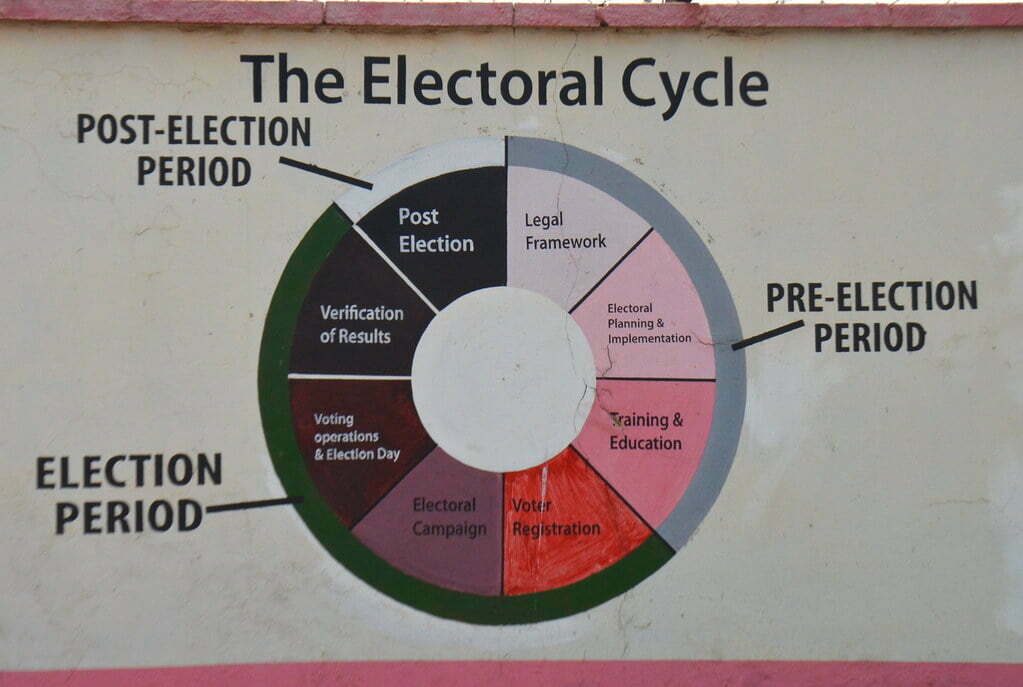
Uganda’s political landscape is undergoing a significant transformation, driven by the increasing influence of digital campaigns. As the nation prepares for its upcoming elections, political parties are turning to online platforms like never before, reshaping traditional approaches to voter engagement.
Social media platforms, including Facebook, Twitter, and TikTok, have become critical battlegrounds for political messaging. Candidates are investing heavily in online advertisements, influencer collaborations, and live-streamed events to reach the tech-savvy youth, who make up a significant portion of Uganda’s electorate. With more than 20 million internet users, Uganda is witnessing a shift where the digital sphere is not only a space for political discourse but also for voter mobilization.
The use of data analytics has also become a game-changer. Political strategists are leveraging insights from online behavior to tailor campaigns to specific demographics, regions, and interests. This targeted approach allows candidates to speak directly to voter concerns, making campaigns more personalized and effective. The viral nature of social media amplifies political messages, with hashtags, memes, and videos becoming tools to sway public opinion.

However, this digital revolution is not without its challenges. Concerns over misinformation, cyberbullying, and digital surveillance have surfaced, as political actors and influencers push content that can sometimes blur the lines between fact and fiction. Additionally, Uganda’s stringent cyber laws are being scrutinized for their potential to stifle free expression and online political activism.
As Uganda’s elections draw nearer, it is clear that digital strategies will play an even greater role in shaping outcomes. Candidates who effectively harness these tools are likely to see a boost in voter engagement, signaling a new era in Ugandan politics where clicks can indeed translate into votes.

GIPHY App Key not set. Please check settings